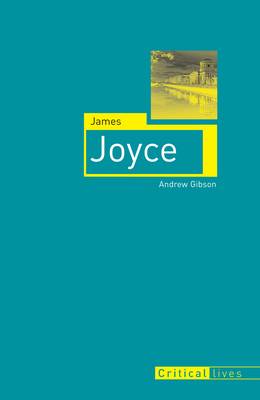In this new work, Andrew Gibson sets out to reverse the traditional view of Joyce and his work as the paradigm of international modernism in literature. Where criticism has usually consigned Ireland to secondary status in Joyce's work, Gibson firmly relocates the writer and his work in Ireland, showing them at all points to be intricately bound up in Irish history, politics and culture. Crucially, he views Joyce's departure for Europe as allegiance to an Irish emigratory tradition that is centuries old, rather than the abandonment of the old country. Accounts of Joyce's life and work have tended to give rather short shrift to his profound engagements with Irish history and politics. Gibson argues that there have been important reasons for this, themselves often historical and political. Tracing the development of Joyce as a critic and writer, he maps this development to specific political and historical events. Beginning with the political traditions and allegiances that formed part of Joyce's family background, he pinpoints the fall of Parnell, the collapse of political hope, and the transfer of political energies to cultural activity as crucial in the writer's early formation.
Joyce's immense renown has been due above all to his reputation as an experimental, modernist writer. His works' open-endedness and seemingly infinite availability to differing interpretations has allowed criticism to constantly update his politics. The book argues that Joyce's most important concerns were historically material and specific. Yet, it also recognises that Joyce himself encouraged and fostered the view of his work as modernist, which became the dominant tradition in Joyce studies.
- ISBN13 9781861892775
- Publish Date 1 May 2006
- Publish Status Out of Print
- Out of Print 4 March 2021
- Publish Country GB
- Imprint Reaktion Books
- Format Paperback
- Pages 224
- Language English
